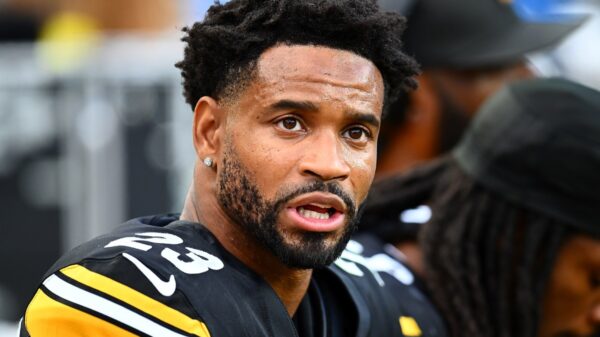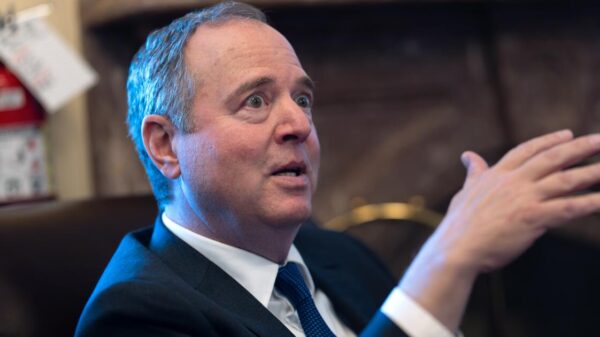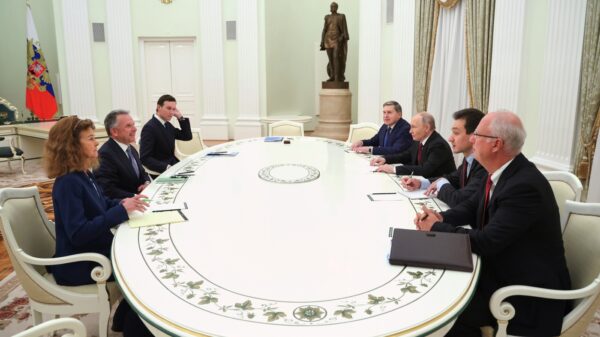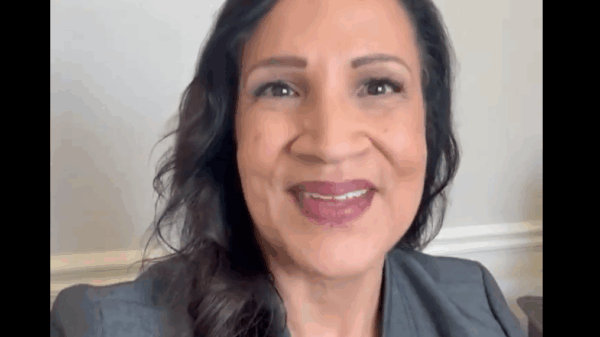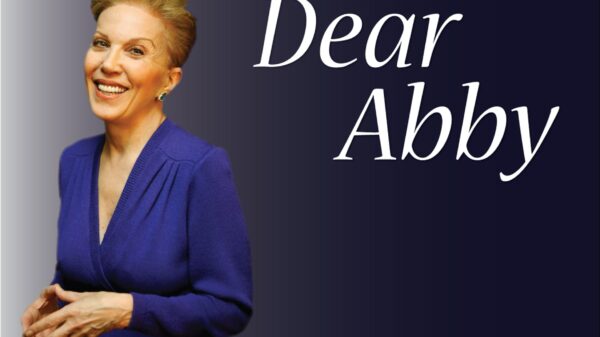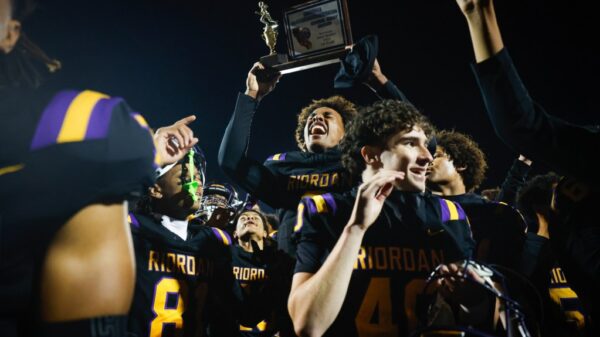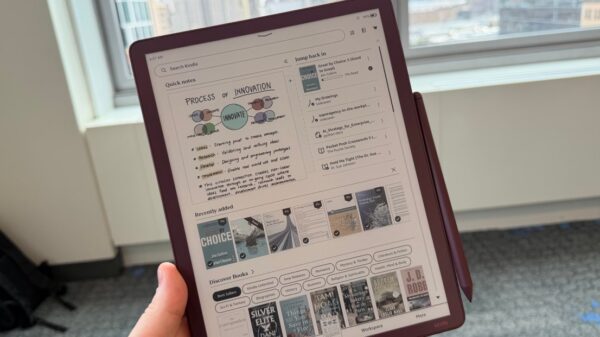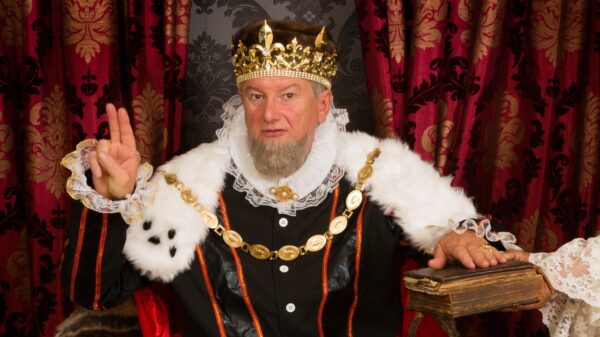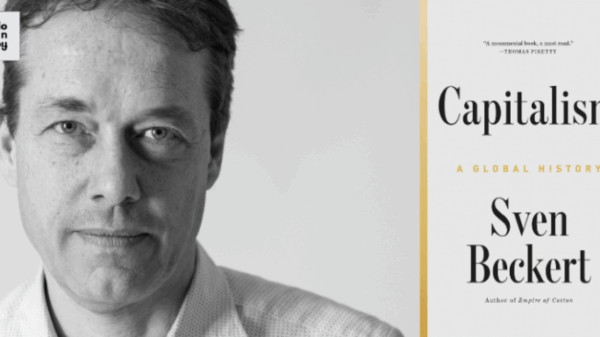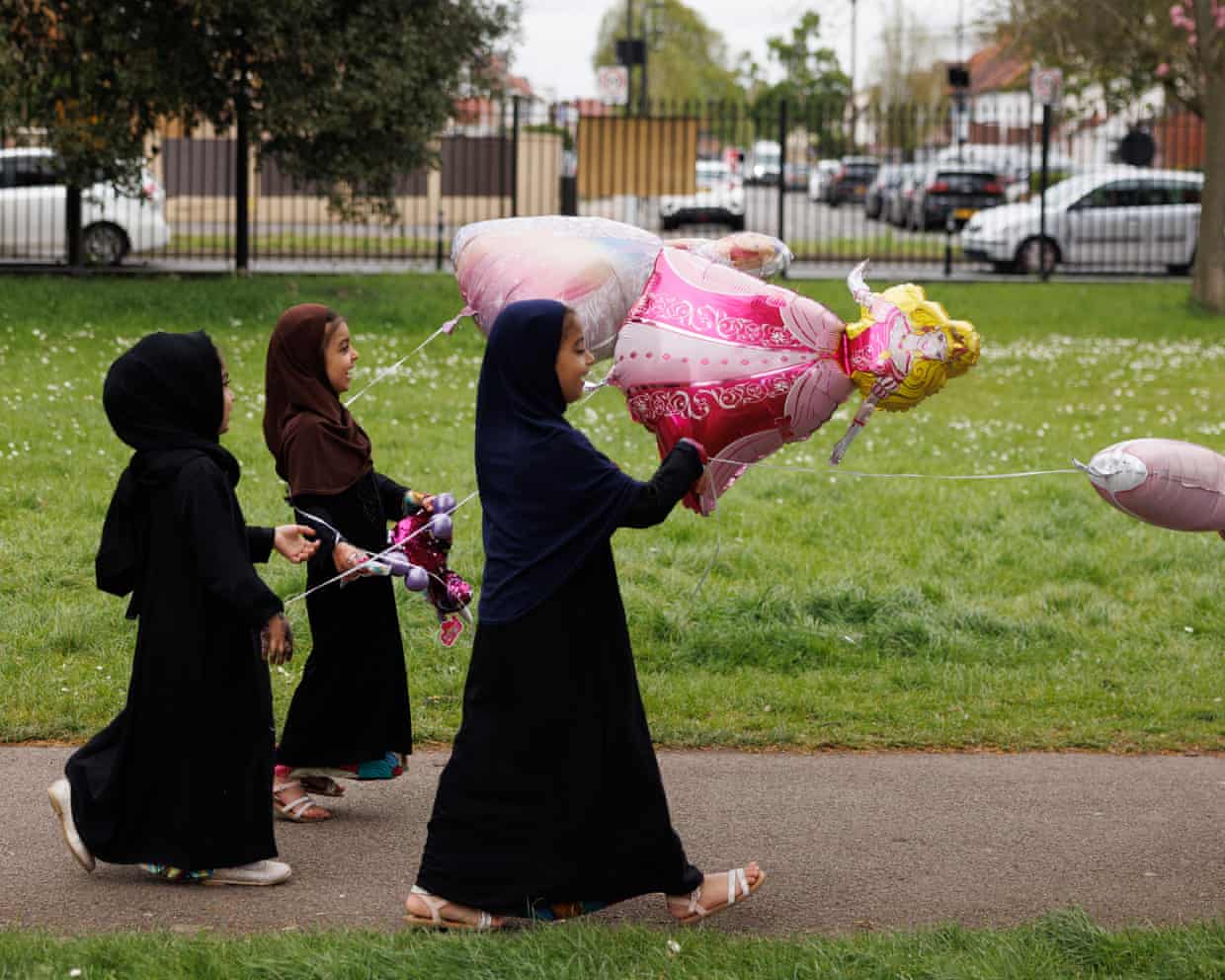A recent survey conducted by YouGov has highlighted a troubling rise in Islamophobia within the UK. The results reveal that more than half of the respondents believe that Islam is incompatible with British values. This alarming perception is not only prevalent but appears to be gaining traction, raising significant concerns about societal attitudes towards Muslims in Britain.
The survey indicates that 41% of the British public think Muslim immigrants have had a negative impact on the nation. Furthermore, 49% believe that Muslim women are pressured to wear the hijab, while nearly a third, at 31%, think that Islam promotes violence. These findings have prompted reactions from various community leaders, including Farhad Ahmad, a spokesperson for the Ahmadiyya Muslim Community, who noted that these sentiments have been consistent over the years, referencing similar statistics from previous years, including 2016 and 2019.
Long-standing Prejudices Resurface
The hijab has evolved into a contentious symbol over the last two decades, often representing broader societal narratives about women’s rights and religious freedom. In the early 2000s, discussions surrounding the hijab intensified during military actions in Afghanistan, framing veils as symbols of oppression. Recently, political figures such as former Prime Minister Boris Johnson have employed derogatory remarks about veils, further embedding negative stereotypes in public discourse.
This survey marks the first time the Ahmadiyya Muslim Community included questions about the hijab, signaling a noticeable shift in the conversation around Islam and women’s rights. The situation contrasts sharply with public opinions on other religions, where only 7% of respondents held negative views of Christians, 13% of Jews, 14% of Sikhs, and 15% of Hindus.
According to former Conservative Party chair Sayeeda Warsi, the normalization of Islamophobia has reached a point where it is not merely socially acceptable but socially dominant. She noted this shift at the Conservative Party conference in 2011, coining the phrase that Islamophobia had “passed the dinner-table test.”
The Impact of Organized Narratives
The rise of Islamophobia in the UK has parallels to trends in the United States, where a report by the Center for American Progress outlined how post-9/11 sentiments were manipulated to fuel anti-Muslim narratives. This report highlighted the involvement of well-funded think tanks that transformed fringe ideas into mainstream beliefs, effectively normalizing Islamophobia as a political weapon.
While the UK has historically lacked some of the factors that contributed to the rise of Islamophobia in the U.S., such as major funding sources or a strong evangelical political voice, the UK has still witnessed the pervasive spread of these sentiments. The narrative has been bolstered by media portrayals that often underrepresent the value of Muslim lives and the complexity of Muslim identities.
In contemporary UK media, the portrayal of Muslims often appears skewed, leading to a belief that non-Muslims are more likely to be victims of crime. This narrative has helped to justify controversial policies, including arms sales and stricter immigration controls, by framing them within a context of national security and cultural preservation.
The implications of this growing Islamophobia extend beyond societal perceptions; they impact legislation and public policy, shaping a landscape where the values associated with Islam are increasingly dismissed.
In a personal account, a young Muslim woman reflected on the values of her faith, highlighting the importance placed on caring for individuals with disabilities. She noted that in Islam, such care is a fundamental principle, contrasting sharply with the notion that Muslim values are incompatible with British ideals.
As the UK grapples with these findings, the challenge remains to foster a more inclusive understanding of cultural diversity and to combat the harmful narratives that perpetuate division.




